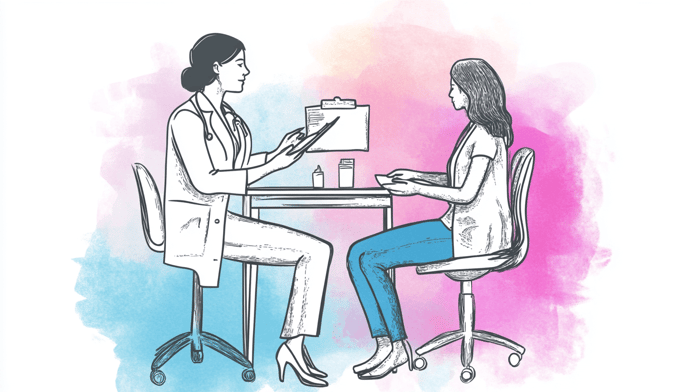Boric acid suppositories are a natural treatment option used to address vaginal infections, particularly yeast infections. Both men and women can use them, but they are primarily applied directly into the vagina. Boric acid is a natural antiseptic commonly found in household products. It works by killing harmful microorganisms, but it can be dangerous if ingested. Ingesting or overdosing on boric acid may lead to serious health issues, including severe bleeding or even death.
Is Boric Acid Poisoning a Concern?
Accidental ingestion of boric acid can lead to poisoning, which is why it’s crucial to keep it out of reach of children. If someone swallows boric acid, immediate medical attention is needed. There is no scientific evidence supporting the use of boric acid as a safe homeopathic treatment in general clinical practice.
Boric Acid Suppositories for Vaginal Health: Are They Safe?
Yes, boric acid suppositories are commonly recommended by healthcare professionals to treat conditions like bacterial vaginosis (BV). While generally safe, mild side effects can occur. These may include:
- Irritation
- Watery discharge
- Burning sensation
- Vaginal odor
- Redness in the genital area
Before using boric acid suppositories, cleanse the vulva with mild soap and water. Insert the suppository vaginally once a day for two weeks. It’s important to complete the full course of treatment to prevent recurring infections. If you experience any discomfort or side effects, consult your doctor.
Important Safety Guidelines
- Do not use more than one suppository per day.
- Keep boric acid suppositories away from food and chemicals.
- Store at room temperature, away from heat and moisture.
- Keep out of reach of children and pets.
- Do not engage in sexual activity during the treatment period.
- Avoid douching before or after use.
- Do not use tampons or other feminine hygiene products during treatment.
- Avoid use if you are pregnant or breastfeeding.
- Wait two weeks after treatment before resuming sexual activity.
Can Boric Acid Suppositories Cause Harm?
When used correctly, boric acid suppositories are safe and effective. However, failing to follow instructions or using the wrong dosage can lead to health risks. Chronic poisoning may occur from ingesting or overusing boric acid, so it’s important to follow medical guidance and store the product safely.
Do Doctors Recommend Boric Acid Suppositories?
Yes, many gynecologists recommend boric acid suppositories to treat vaginal issues like yeast infections and bacterial vaginosis. The active ingredient, Boric Acid NF 600mg, helps improve vaginal pH and reduces symptoms like:
- Vaginal discomfort and itching
- Unusual discharge
- Fishy or foul odor
However, boric acid should not be used orally, and pregnant or breastfeeding women should consult their doctor before use. Avoid sexual activity and latex condoms during treatment as boric acid may degrade the latex.
Possible Side Effects and When to Stop Using
Common side effects of boric acid suppositories include nausea, vomiting, vaginal discharge, and mild redness or irritation. These symptoms usually subside within 24 hours. If symptoms persist or worsen, discontinue use and consult a healthcare provider immediately.
Conclusion
Boric acid suppositories can be a helpful treatment for bacterial vaginosis, but they should only be used under medical supervision. Always follow your doctor’s instructions carefully and use the product as directed. If side effects occur or worsen, seek medical advice immediately.











